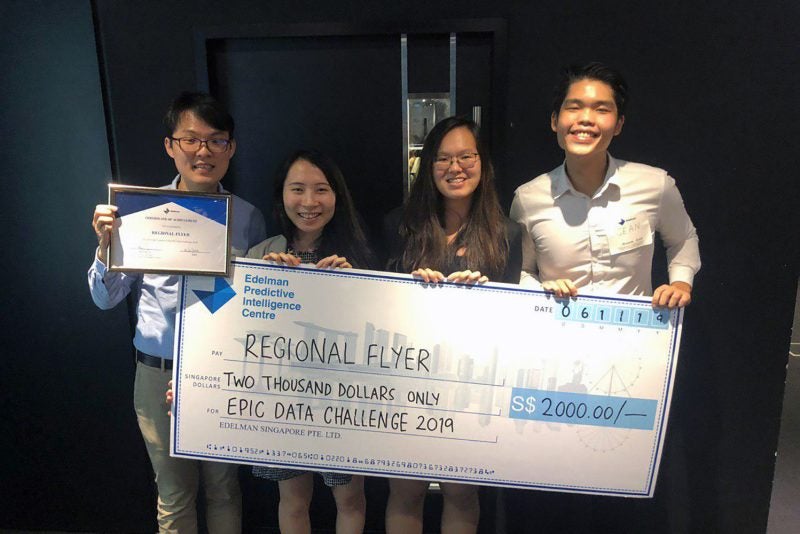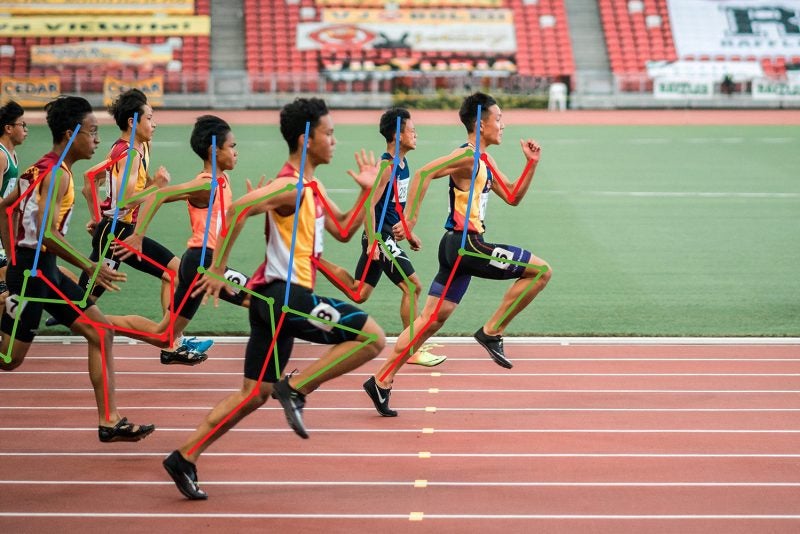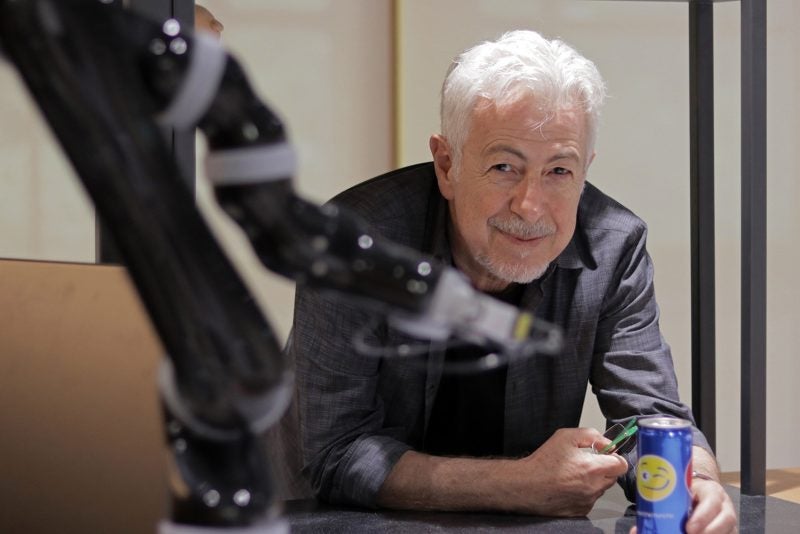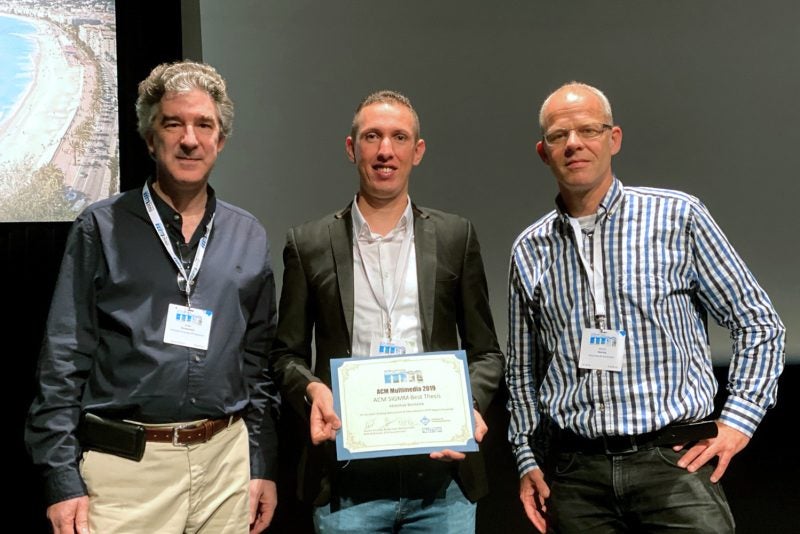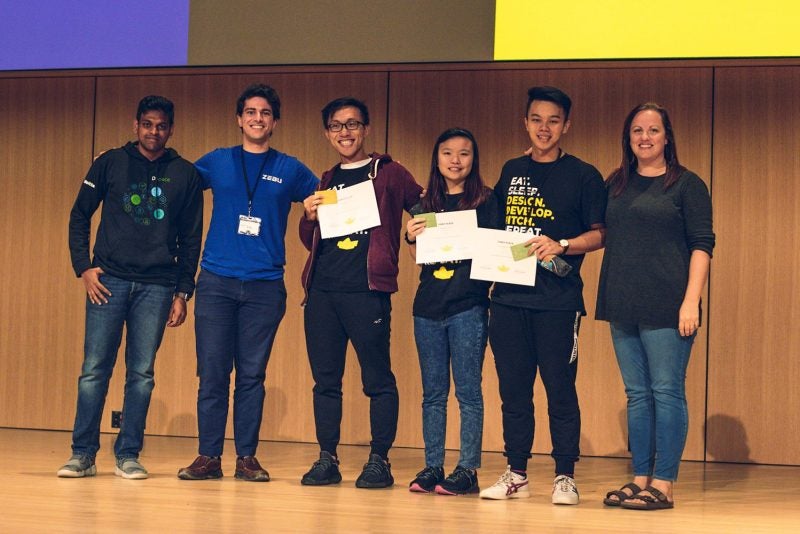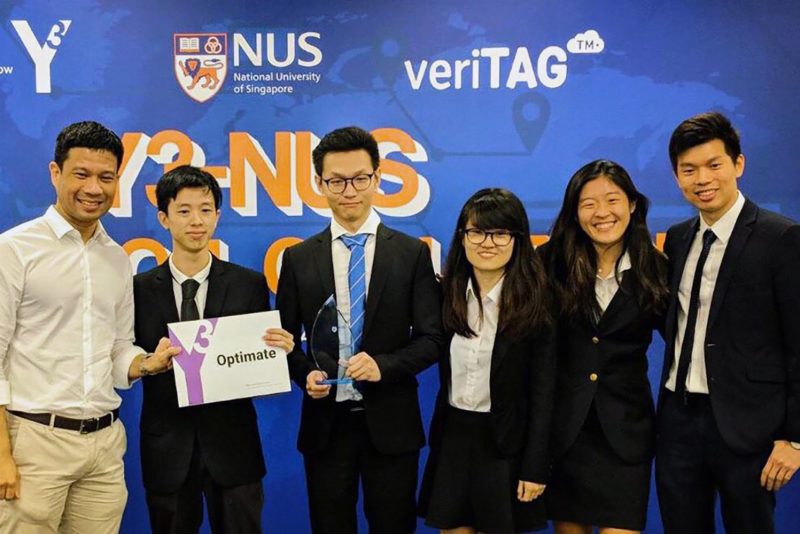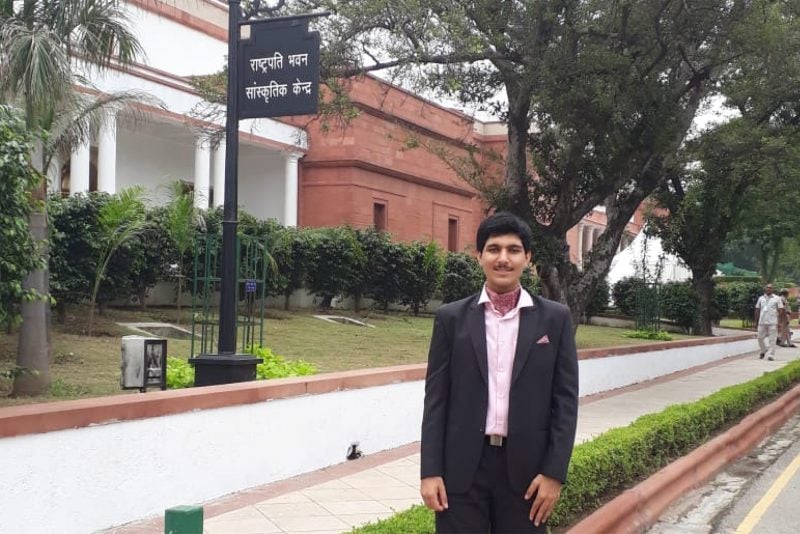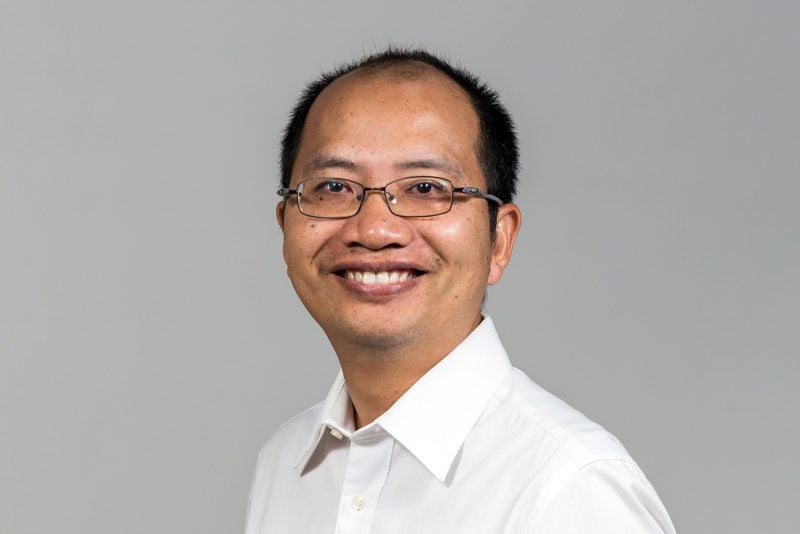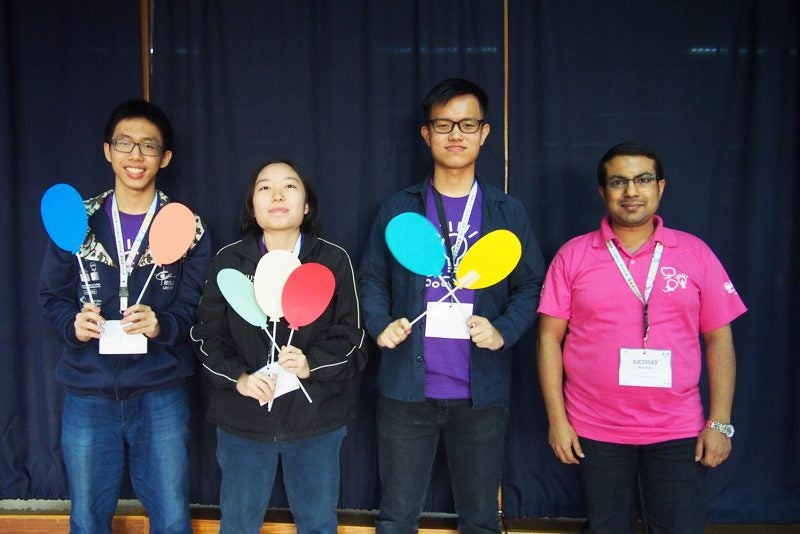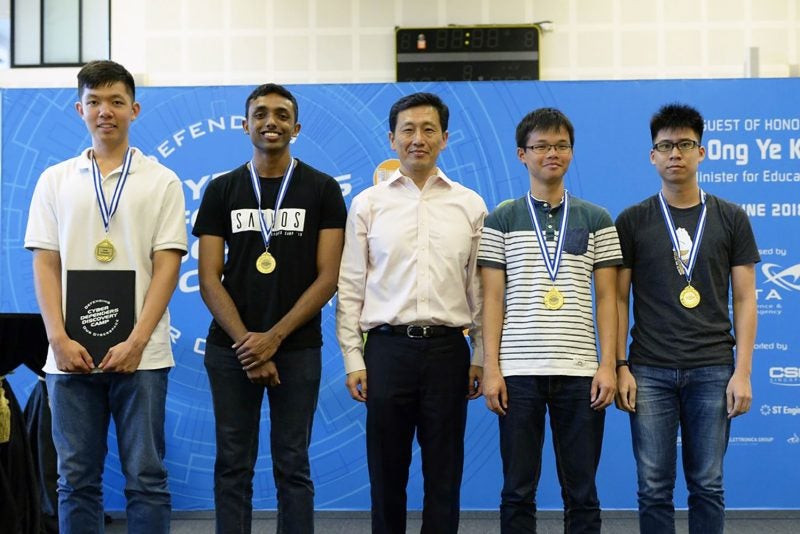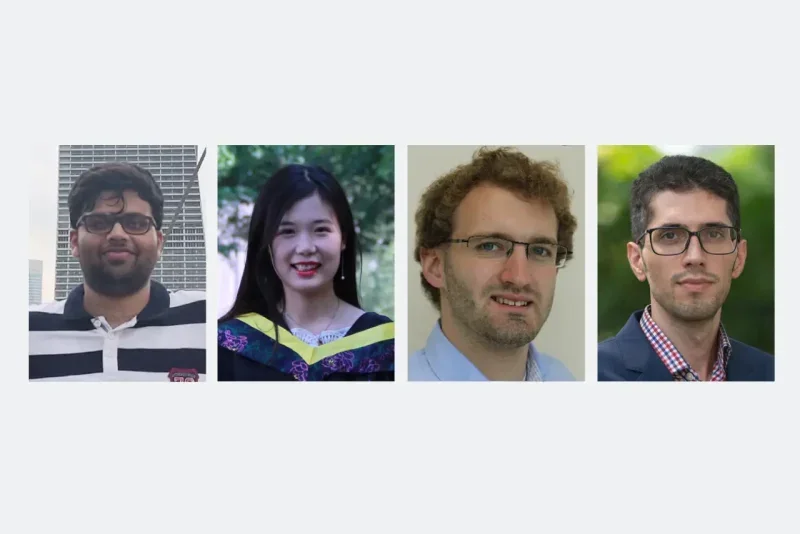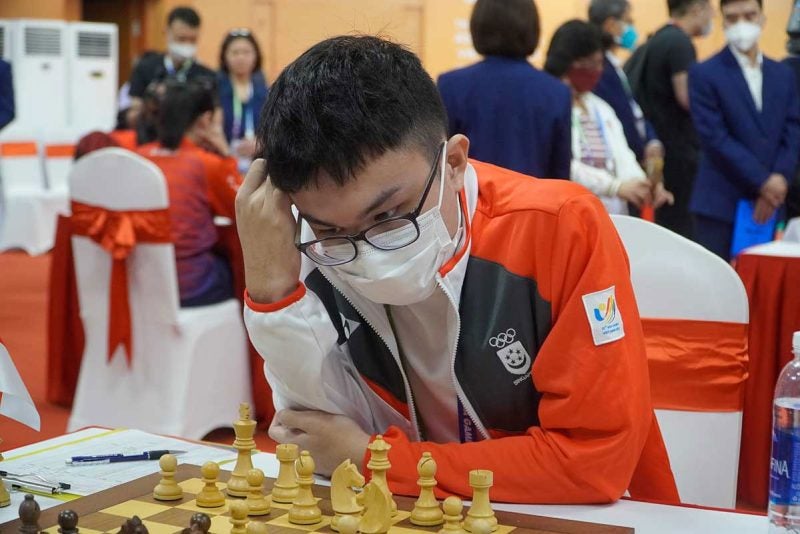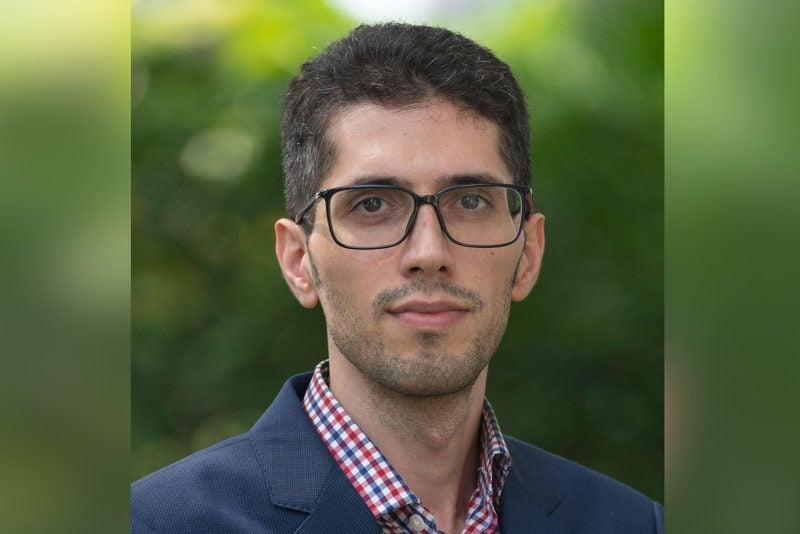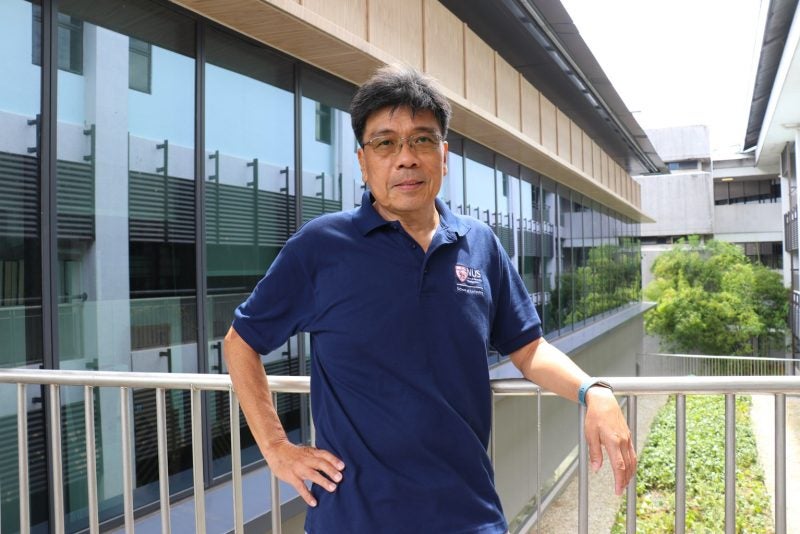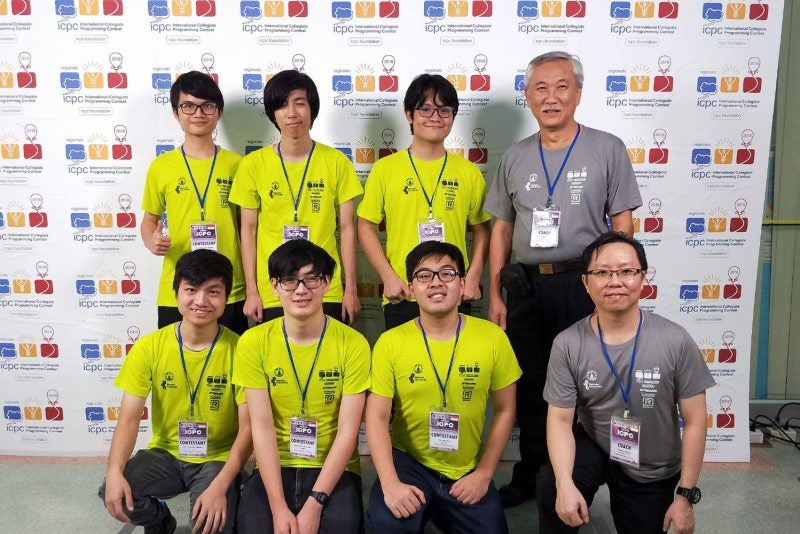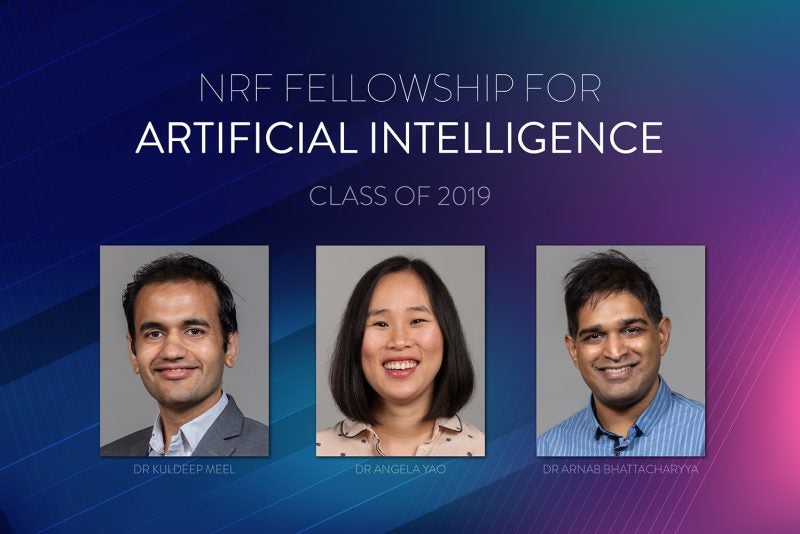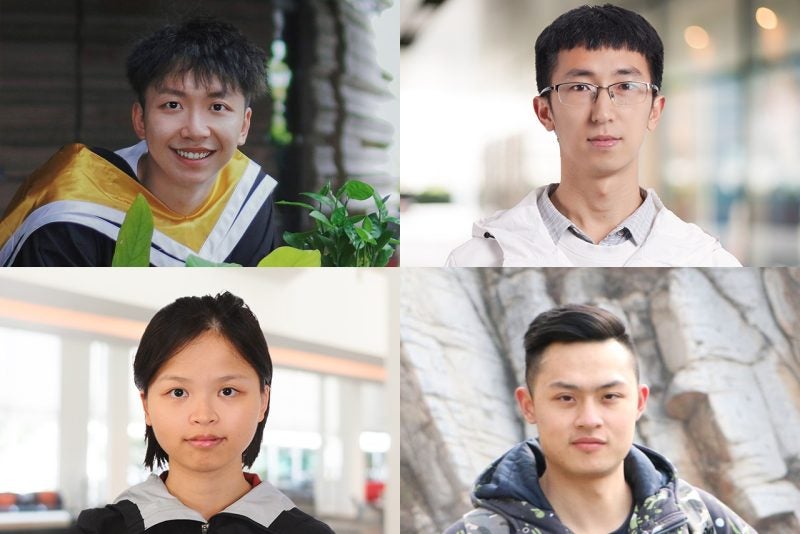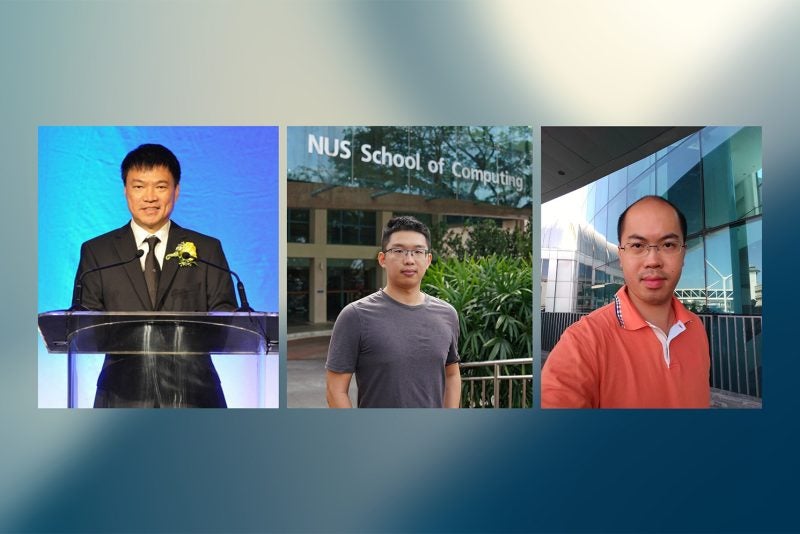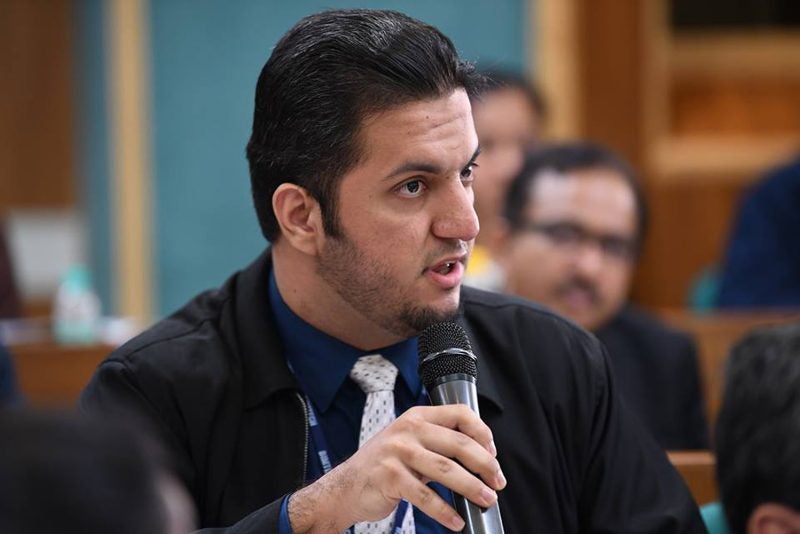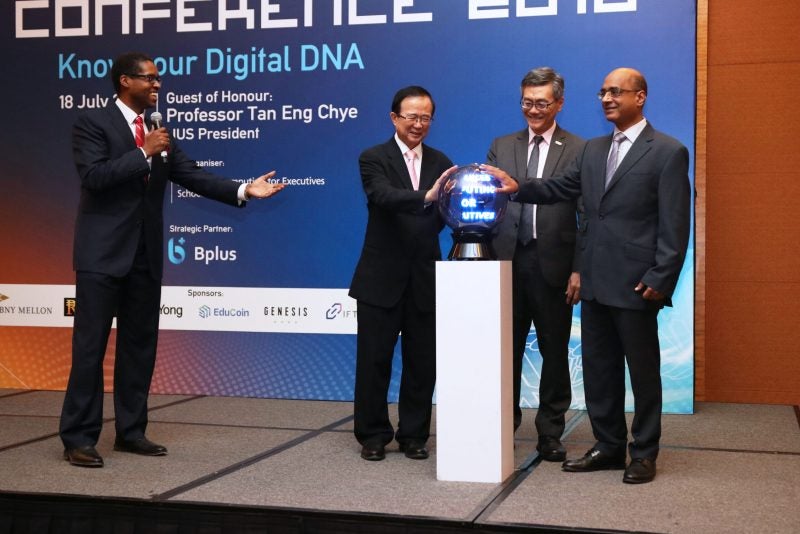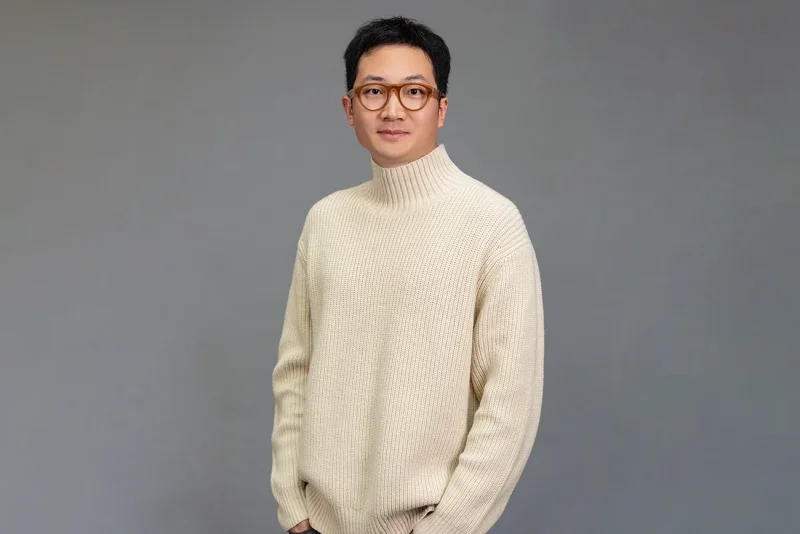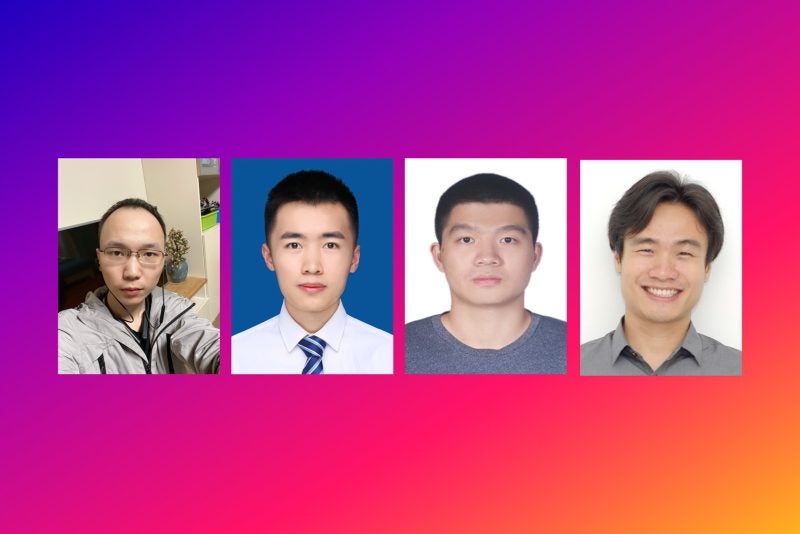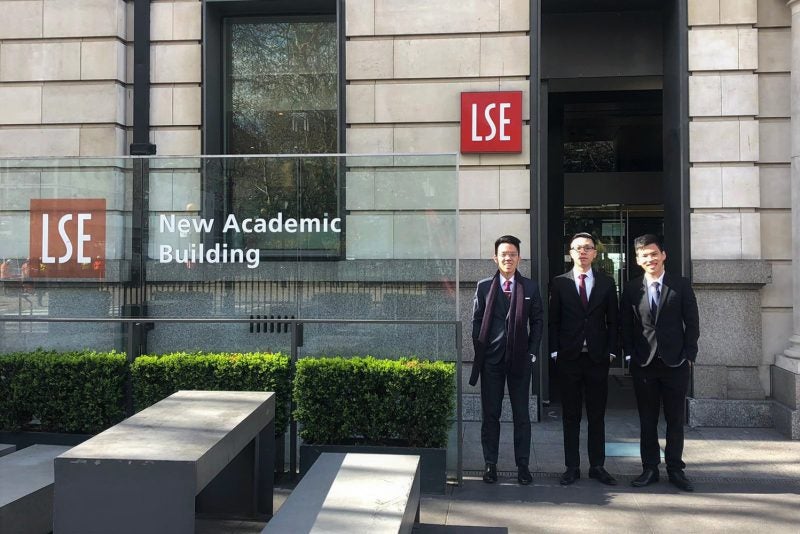17 March 2021 – NUS Computing’s new AI lab, the NUS Artificial Intelligence Laboratory (NUSAiL), was recently awarded S$9.9 million in research grants by AI Singapore.
The lab, which was established in 2019, will conduct research on AI technology. NUSAiL’s research will cover the three ‘pillars’ of human-centered AI technology, which are interactive AI, embodied AI, and trustworthy AI.
The research grants, awarded over a period of four years, will support a broad spectrum of research on AI technology and its impact on people, such as computer vision, language processing, human-AI interaction, digital collaboration, interaction design, AI ethics.
In addition to NUS Computing researchers from the Department of Computer Science (DCS) and Department of Information Systems and Analytics (DISA), the lab brings together researchers from various institutions: A*STAR’s Institute of High Performance Computing (IHPC), Singapore Management University (SMU), and the Singapore University of Technology and Design (SUTD).
Provost Chair’s Professor David Hsu, director of NUSAiL, said that the researchers aim to “develop a shared long-term vision for AI research at NUS” and to continue NUS’s “strong AI research achievements”. More importantly, the team also aims to collaborate with local and international organistions and businesses in developing and translating AI technology.
“The new AI laboratory is a strategic initiative of the school, and has received strong support from the school and the dean,” said Prof Hsu. “Multiple research and industry organisations, both local and international, have also expressed strong support and interest in collaborating with us on research or potentially productising the developed technologies,” he added. “This includes Asia Pacific Assistive Robotics Association (Singapore), RIKEN Center for Advanced Intelligence (Japan), and Rolls-Royce Singapore.”
On being awarded the grant, Prof Hsu said: “This grant, which develops assistive AI technologies for daily work and life, is the first, but an important step towards this vision. It supports the first pillar, which is interactive AI.”
The NUSAiL researchers are currently working on a research project titled, “The ‘Other Me’: Human-Center AI Assistance In Situ”. It aims to develop wearable AI technology capable of assisting and collaborating with humans in situations that involve creating objects or diagnosing faults.
Specifically, the AI technology connects AI assistants with people operating in fluid, dynamic working environments. For instance, an AI assistant embedded in a pair of smart glasses can guide someone who is assembling furniture, train a surgeon on new surgery procedures, or guide a blind person around an unfamiliar place.
To develop AI assistants who are as reliable as a human assistants, they must be able to see, hear, communicate, reason, learn, and adapt according to the situation.
“AI assistants become the “other me”, an external, but situated extension of our individual minds and senses,” explained Prof Hsu.
This research/project is supported by the National Research Foundation, Singapore, under its AI Singapore Programme (AISG Award No: AISG2-RP-2020-016).


